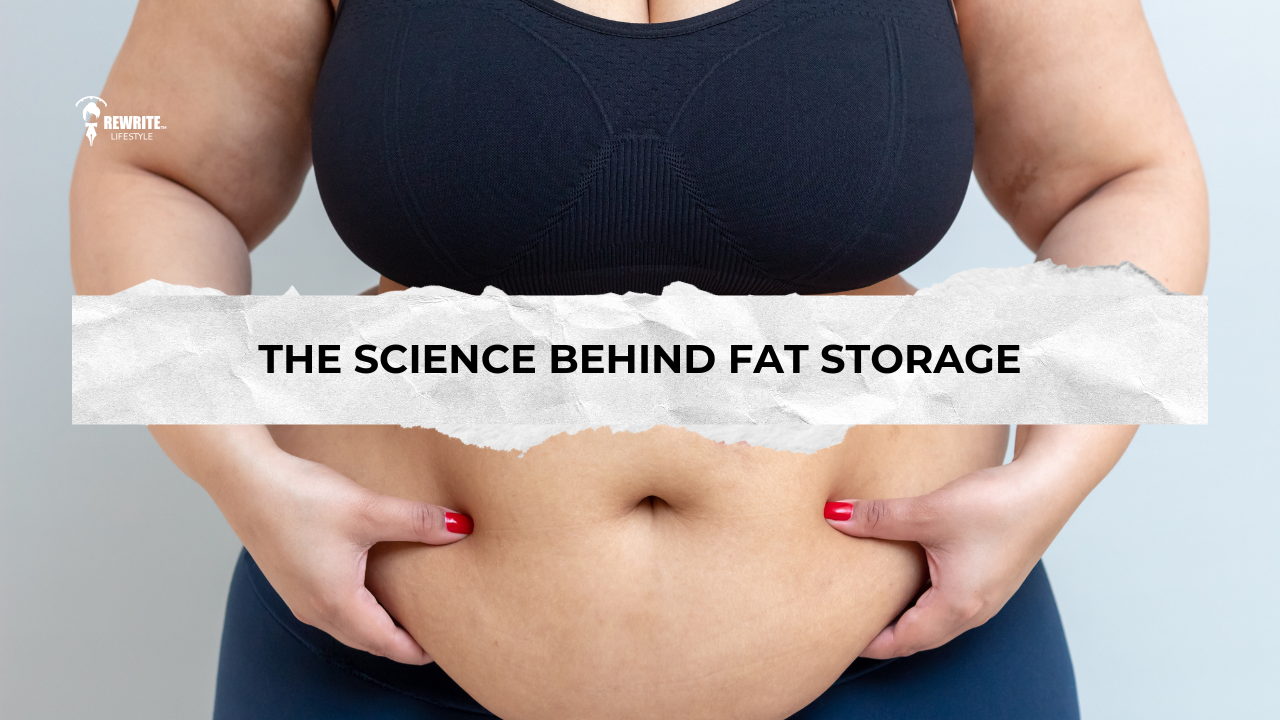The Biology of Fat: Insights from Nature Wants Us to Be Fat
Jan 15, 2025

Dr. Richard Johnson’s book, Nature Wants Us to Be Fat, takes a fascinating dive into the science of fat storage and how our bodies are biologically wired for survival. This isn’t just about willpower—it’s a complex interplay of biology, evolution, and modern lifestyle factors. Here are some of the key insights:
Why We’re Wired to Store Fat
For thousands of years, our bodies adapted to survive during times of scarcity. The ability to store fat was an evolutionary advantage, allowing us to weather periods of famine. However, in today’s world of ultra-processed foods and abundant availability, this survival mechanism can backfire.
One of the most interesting revelations from the book is how fructose—a sugar found in everything from processed snacks to “healthy” options like fruit juice—triggers a biological response to store fat. Understanding this mechanism is empowering, giving us tools to align our choices with how our bodies naturally function.
Beyond the Basics: Hydration, Artificial Sweeteners, and Stress
While reading the book, another intriguing point emerged: dehydration could play a surprising role in fat storage. When we’re dehydrated, our bodies may create more fat cells to store water as a survival mechanism. It’s a mind-blowing concept that ties directly into the idea of our bodies’ innate drive to conserve resources.
But it doesn’t stop there. Artificial sweeteners are another potential factor. These sugar substitutes are known to confuse the body, tricking it into expecting sugar. This can disrupt insulin responses, alter hunger and thirst signals, and even increase stress hormones like cortisol. Chronic stress itself is another culprit, as elevated cortisol levels contribute to fat storage and water retention.
The Power of Whole Foods
All of these factors—dehydration, artificial sweeteners, and stress—might combine to create a perfect storm for fat storage. It’s no wonder that when individuals switch to a whole-food diet and cut out artificial sweeteners, they often see significant improvements. By eliminating confusing signals and stressors, the body can finally work as it’s meant to.
Final Thoughts
While I’m not a doctor or scientist, this information has been an eye-opener. Understanding the deeper reasons behind fat storage can be a game-changer for making better, more informed choices. When we work with our biology instead of against it, we’re empowered to achieve lasting health and wellness.
What are your thoughts? Have you noticed changes when shifting to a whole-food lifestyle? Let’s start a conversation!



